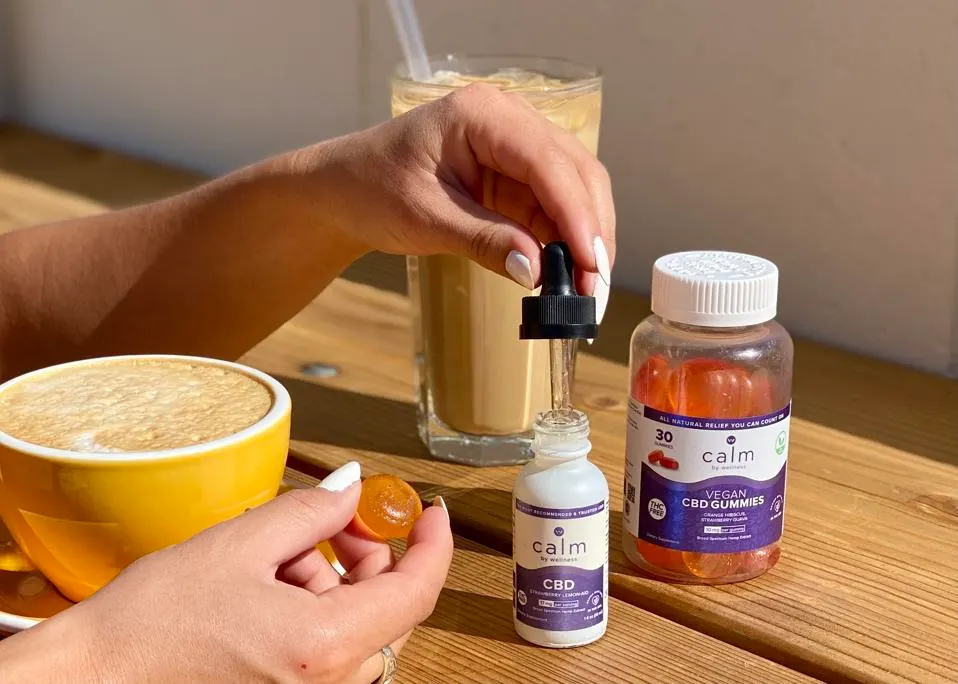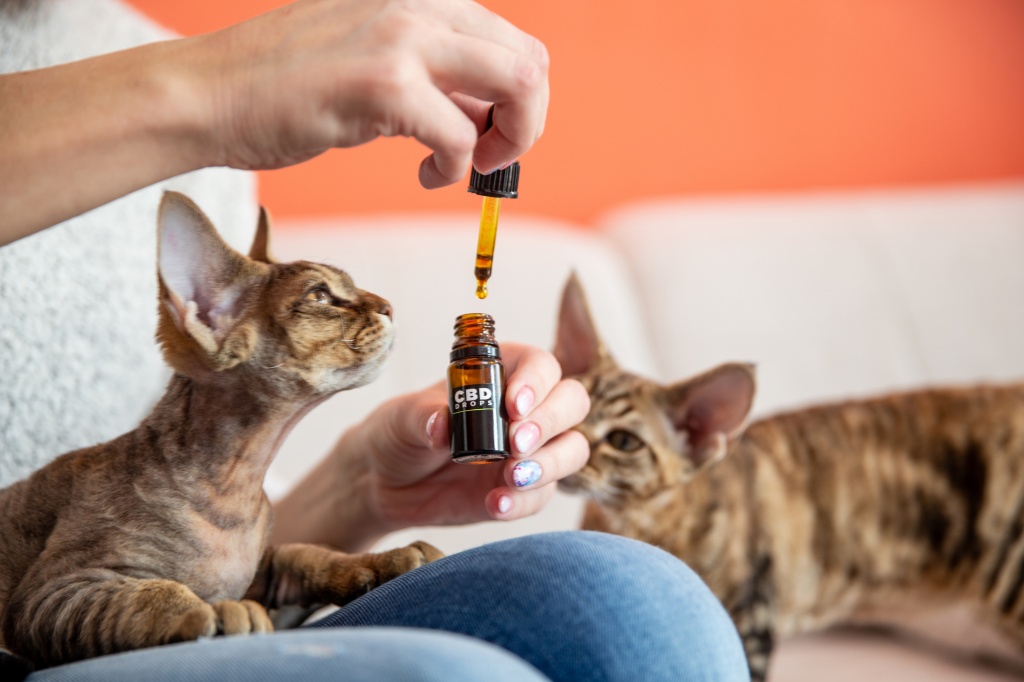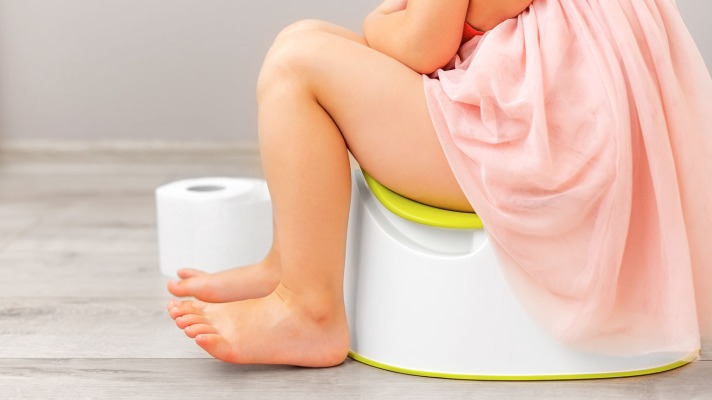Natural Remedies for Claustrophobia Overcoming Fear of Enclosed Spaces
Claustrophobia, an anxiety disorder characterized by a fear of enclosed spaces, can significantly impact one’s daily life. Simple activities like riding in an elevator, being in a crowded room, or even undergoing medical procedures like MRI scans can trigger intense feelings of panic and anxiety in those who experience it. While traditional treatments such as therapy and medication are commonly used to manage claustrophobia, many individuals seek alternative approaches, including natural remedies, to alleviate their symptoms. In this article, we will explore various natural remedies for claustrophobia, aiming to provide insights into methods that can help individuals cope with and overcome their fear of enclosed spaces. You can also read this Understanding Catatonic Depression Symptoms A Comprehensive Guide
Understanding Claustrophobia
Before delving into natural remedies, it is crucial to understand the nature of claustrophobia and how it affects individuals. Claustrophobia is not simply a fear of small spaces but rather an irrational and intense fear of being trapped in confined or enclosed spaces with no means of escape. When confronted with triggering situations, individuals with claustrophobia may experience a range of physical and psychological symptoms, including:
- Rapid heartbeat
- Shortness of breath
- Sweating
- Dizziness or lightheadedness
- Nausea
- Trembling or shaking
- Feelings of panic or impending doom
These symptoms can be overwhelming and may lead to avoidance behaviors, which can significantly impact one’s quality of life.
Natural Remedies for Claustrophobia
While traditional treatments like therapy and medication can be effective for managing claustrophobia, many individuals prefer natural remedies due to their gentle approach and minimal side effects. Here are some natural remedies that may help alleviate symptoms of claustrophobia:
Deep Breathing Exercises
Deep breathing exercises are a simple yet effective way to calm the body’s stress response and promote relaxation. Practice diaphragmatic breathing by inhaling deeply through your nose, allowing your abdomen to rise, and exhaling slowly through your mouth. Repeat this process several times when feeling anxious in enclosed spaces to help restore a sense of calm.
Progressive Muscle Relaxation (PMR)
PMR is a technique that involves systematically tensing and then relaxing each muscle group in the body to reduce tension and promote relaxation. Begin by tensing the muscles in your toes for a few seconds, then release and relax them. Continue this process, working your way up through the body, until you reach the muscles in your face and neck. This technique can help alleviate physical symptoms of anxiety associated with claustrophobia.
Mindfulness Meditation
Mindfulness meditation teaches individuals to focus on the present moment without judgment, which can help reduce anxiety and promote a sense of calm. Practice mindfulness meditation for a few minutes each day, focusing on your breath or a specific object to anchor your attention. Over time, this practice can help individuals better cope with anxious thoughts and feelings associated with claustrophobia.
Exposure Therapy
Exposure therapy is a behavioral therapy technique that involves gradually exposing individuals to the situations or environments that trigger their claustrophobia, allowing them to confront their fears in a controlled manner. Start with less intimidating situations, such as standing near an open elevator door, and gradually work your way up to more challenging scenarios. With repeated exposure and practice, individuals can learn to tolerate and even overcome their fear of enclosed spaces.
Herbal Remedies
Certain herbs and botanicals have been used for centuries to promote relaxation and reduce anxiety. Consider incorporating herbs like chamomile, lavender, or valerian root into your daily routine through teas, supplements, or essential oils. These natural remedies may help calm the nervous system and alleviate symptoms of claustrophobia.
Aromatherapy
Aromatherapy involves using essential oils to promote relaxation and reduce stress. Diffuse calming essential oils like lavender, bergamot, or frankincense in your home or office, or apply them topically to pulse points for quick relief. The soothing scents of these essential oils can help create a sense of calm in enclosed spaces, making them beneficial for individuals with claustrophobia.
Yoga and Tai Chi
Both yoga and tai chi combine gentle movements with deep breathing and meditation, promoting relaxation and reducing stress. Incorporate these practices into your routine to help manage claustrophobia and improve overall well-being. The mindful movements and focus on breath awareness in these practices can help individuals feel more grounded and centered, even in enclosed spaces.
Acupuncture
Acupuncture is a traditional Chinese therapy that involves inserting thin needles into specific points on the body to promote healing and balance. Some studies suggest that acupuncture may help reduce anxiety and improve symptoms of claustrophobia. By stimulating specific acupuncture points related to relaxation and stress reduction, individuals with claustrophobia may experience relief from their symptoms.
Diet and Nutrition
Certain foods and nutrients may influence mood and anxiety levels. Focus on a balanced diet rich in fruits, vegetables, whole grains, and lean proteins, and limit caffeine and alcohol, which can exacerbate anxiety symptoms. Additionally, consider incorporating foods rich in omega-3 fatty acids, such as salmon, walnuts, and flaxseeds, which have been linked to improved mood and reduced anxiety.
Physical Exercise
Regular physical exercise can help reduce stress and anxiety by releasing endorphins, the body’s natural feel-good chemicals. Engage in activities like walking, jogging, swimming, or yoga to promote relaxation and improve overall mental health. Exercise not only helps alleviate symptoms of claustrophobia but also provides numerous other health benefits, including improved cardiovascular health and better sleep quality.
Conclusion
Claustrophobia can be a challenging condition to manage, but there are many natural remedies available that can help alleviate symptoms and promote a sense of calm in enclosed spaces. From deep breathing exercises and mindfulness meditation to herbal remedies and acupuncture, individuals have a variety of options to explore when seeking relief from their claustrophobia. It’s essential to approach treatment with patience and persistence, as finding the right combination of techniques may take time. Working with a healthcare professional can provide guidance and support in developing a personalized treatment plan that addresses individual needs and preferences. With dedication and support, it is possible to overcome the fear of enclosed spaces and regain control of one’s life.













Post Comment